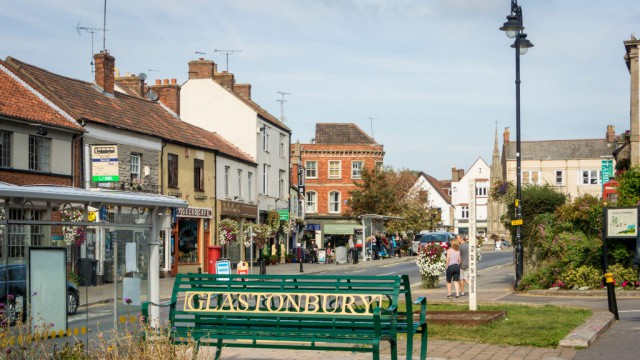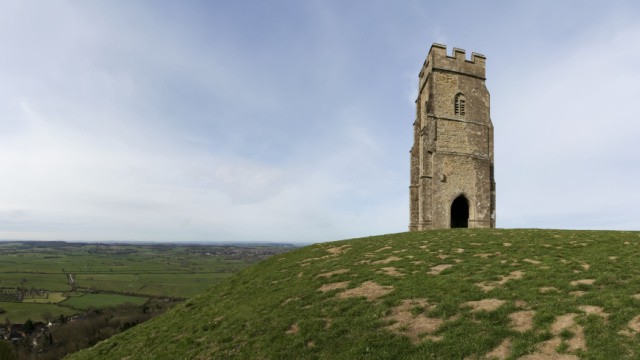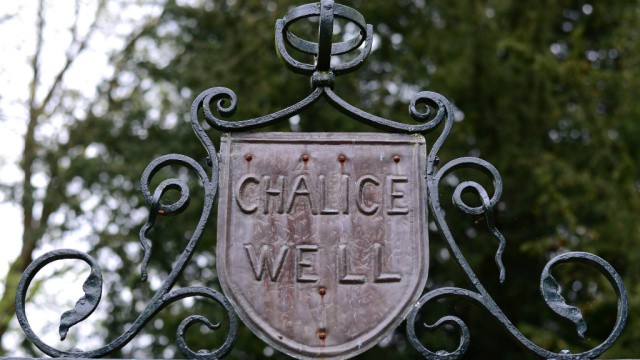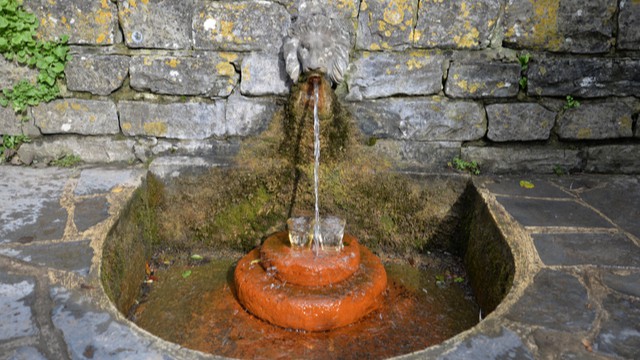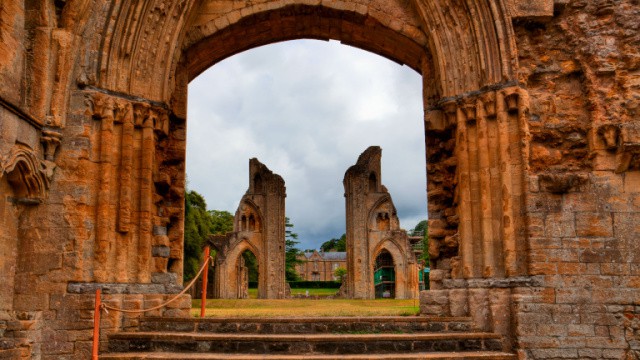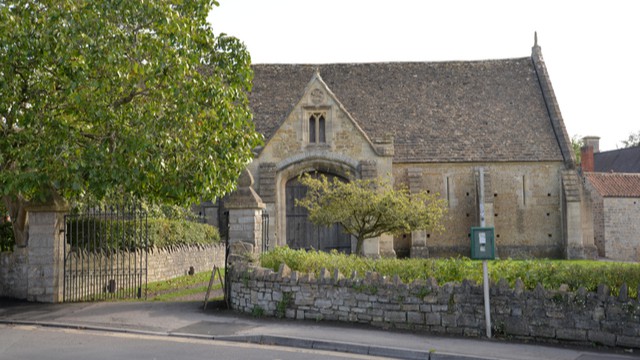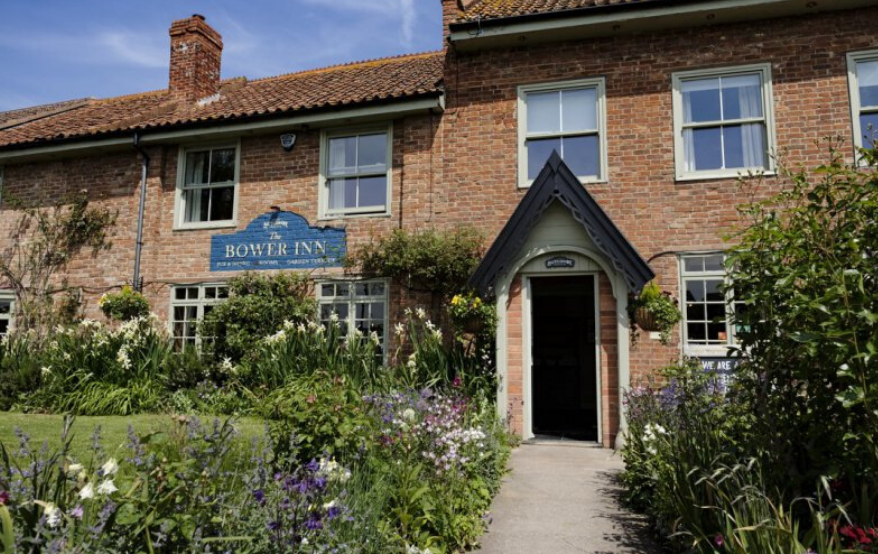Glastonbury
Located in the county of Somerset, the quirky town of Glastonbury is situated on the Somerset Levels. Visitors can explore the diverse shops on the high street, the notable buildings in the surrounding areas and familiarise themselves with the traditions of the town.
Glastonbury is steeped in history, with evidence suggesting that the town has been populated since the latter part of the Stone Age. It is home to one of the oldest timber trackways ever discovered in Northern Europe, The Sweet Track.
Often referred to as the spiritual centre of England, Glastonbury boasts many myths and legends, along with several buildings of religious significance.



